Full Automatic Constant Pressure Variable Frequency Water Supply Equipment is a new generation of hi...
See DetailsLight Multistage Centrifugal Pumps: A Compact Solution for Modern Fluid Handling Demands
Industry News-As industries move toward leaner, smarter, and more sustainable operations, equipment that balances performance with portability and efficiency is in high demand. In the world of fluid transport systems, the Light Multistage Centrifugal Pump has emerged as a reliable and cost-effective choice for applications that require moderate pressure without the weight and complexity of traditional heavy-duty pump systems. Compact, efficient, and easy to maintain, these pumps are gaining momentum in a wide range of sectors, from agriculture and building services to industrial processing and environmental engineering.
What Is a Light Multistage Centrifugal Pump?
A Light Multistage Centrifugal Pump operates on the same basic principle as its standard multistage counterpart: fluid passes through a series of impellers (stages), with each stage increasing the pressure. The difference lies in its construction and intended application. Designed with lightweight materials such as aluminum alloys, engineered plastics, or stainless steel, these pumps deliver a balance of moderate pressure and high portability.
Light multistage centrifugal pumps are typically smaller in footprint, easier to install, and often vertically aligned, making them suitable for installations where space is limited and heavy equipment isn't feasible or necessary. Their design is particularly attractive for decentralized pumping tasks or mobile systems.
Key Advantages and Engineering Features
What sets the light multistage centrifugal pump apart from heavier-duty options is its combination of performance and practicality. Here are the core benefits:
Portability and Ease of Installation: The lightweight construction simplifies installation and handling, making it ideal for mobile systems or temporary setups.
Space-Saving Design: Often designed in a vertical format, these pumps fit easily into narrow mechanical spaces or compact equipment rooms.
Energy Efficiency: Optimized impeller designs and high-efficiency motors minimize energy consumption, especially in systems with variable flow needs.
Corrosion Resistance: Use of stainless steel or engineering plastics enables operation in aggressive environments, including light chemical applications and brackish water systems.
Reduced Maintenance Costs: Simple construction, fewer moving parts, and easy access to seals and bearings make routine maintenance straightforward and cost-effective.
Expanding Applications Across Industries
The versatility of light multistage centrifugal pumps allows them to serve a variety of industries, especially where moderate head and pressure are needed without the added bulk of heavy machinery:
Agriculture and Irrigation: Lightweight multistage pumps are increasingly used in greenhouse irrigation systems, localized watering setups, and pesticide spraying units where pressure control is important but full-scale pumping systems would be overkill.
Building Services: These pumps are commonly found in HVAC systems, pressure boosting for high-rise buildings, and hot water circulation where space and quiet operation are critical.
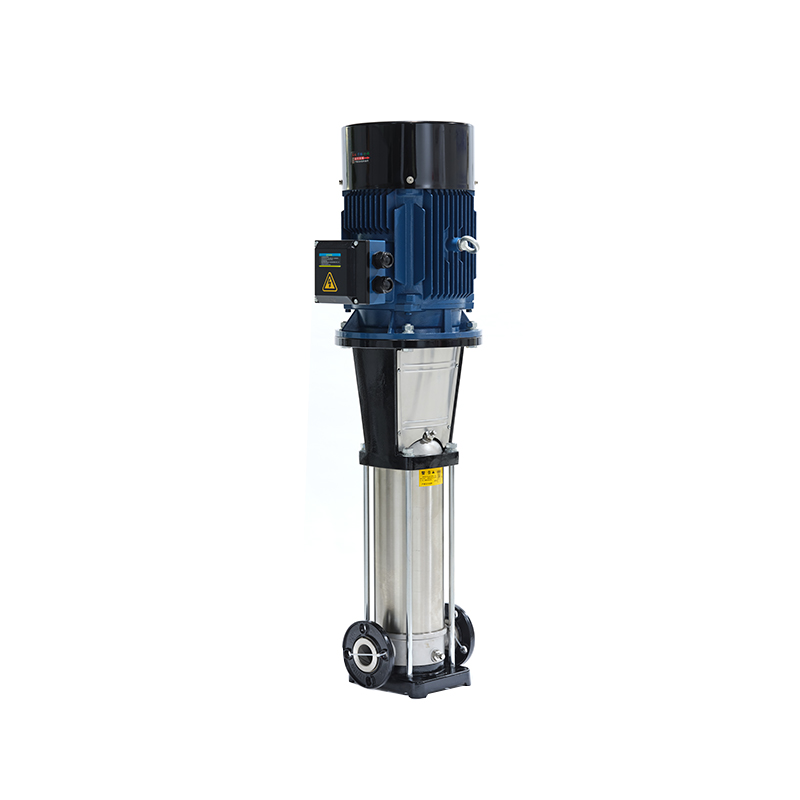
Water Treatment and Filtration: Their compact size and corrosion resistance make them suitable for small-scale filtration, demineralization, and reverse osmosis systems.
Industrial Processes: Light multistage pumps handle low-viscosity fluids in food processing, pharmaceuticals, and electronics cooling systems with precision and cleanliness.
Environmental Engineering: Portable systems for groundwater management, rainwater harvesting, and temporary wastewater pumping frequently rely on these pumps for dependable and efficient operation.
Aligning with Industry Trends
As industries prioritize efficiency, sustainability, and digital transformation, light multistage centrifugal pumps are evolving in step:
Smart Pump Technology: Integration with IoT sensors and digital controllers allows real-time monitoring of flow, temperature, and motor status, enabling predictive maintenance and performance optimization.
Modular System Integration: These pumps are often incorporated into modular water systems and skid-mounted solutions, which are becoming popular for decentralized water treatment and point-of-use fluid delivery.
Energy-Efficient Motors: Brushless DC motors and high-efficiency AC induction motors are increasingly used to reduce energy consumption and meet regulatory requirements such as EU Ecodesign directives.
Eco-Friendly Materials: Manufacturers are exploring recyclable and non-toxic material alternatives to enhance the environmental profile of pump components without compromising performance.


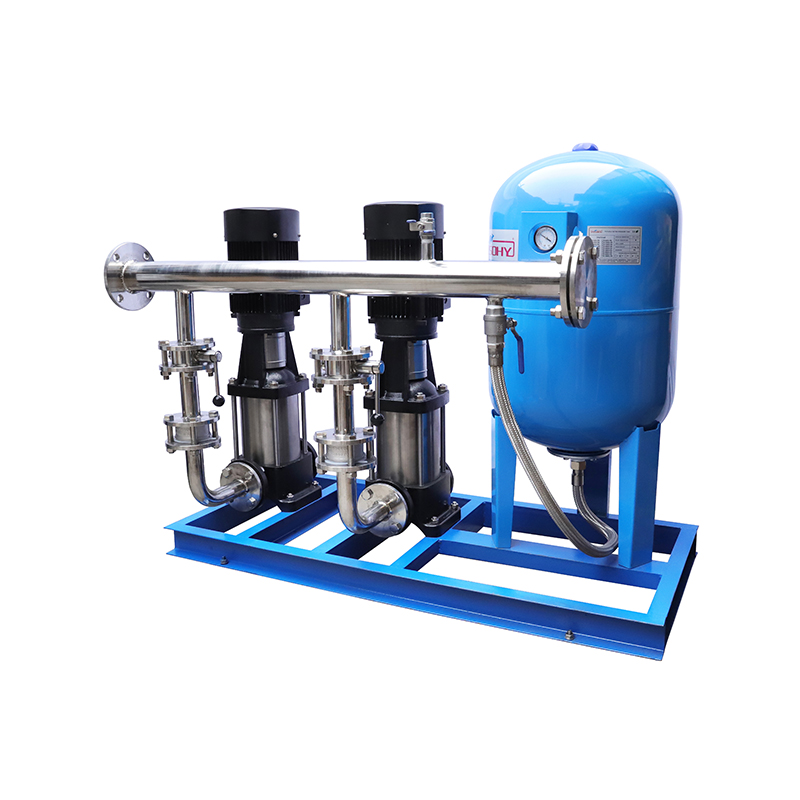
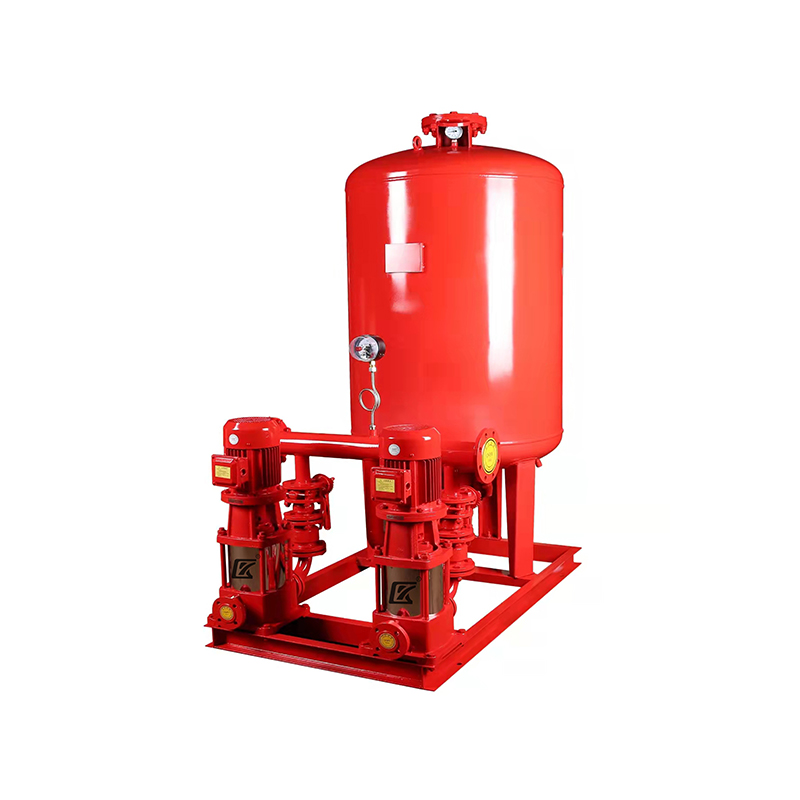
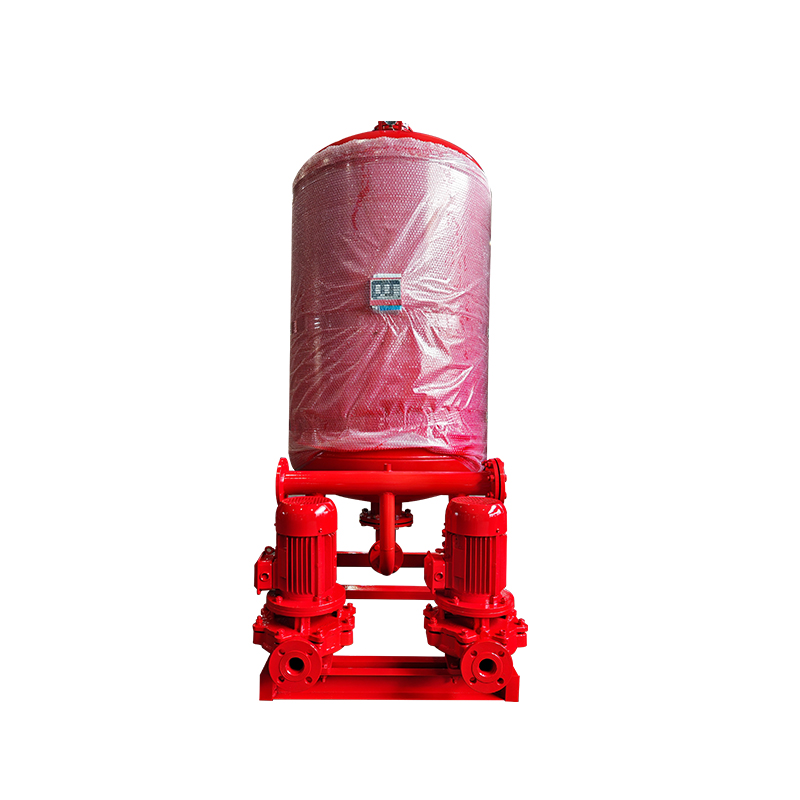

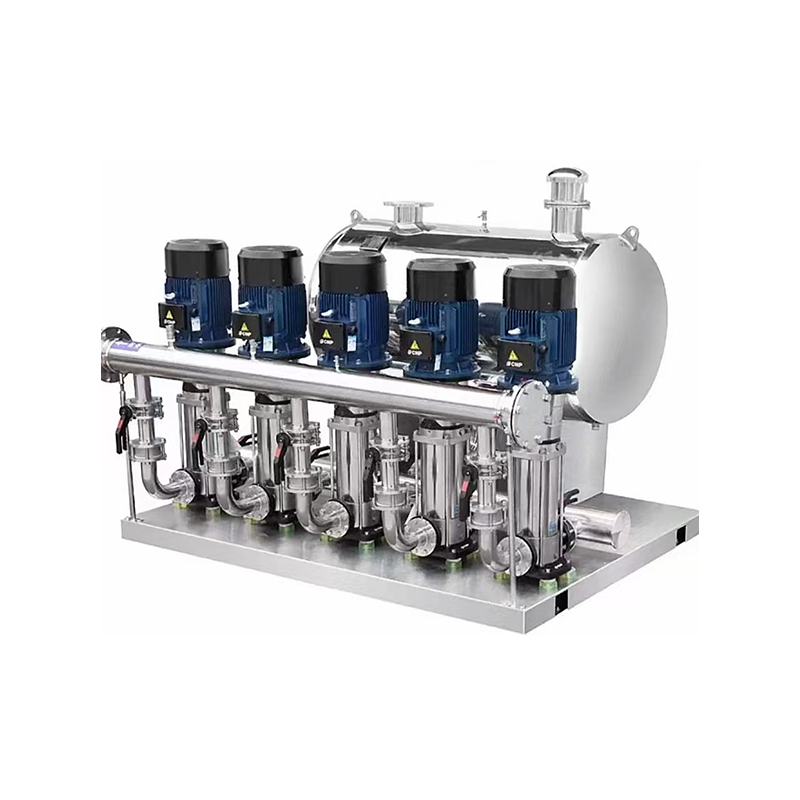
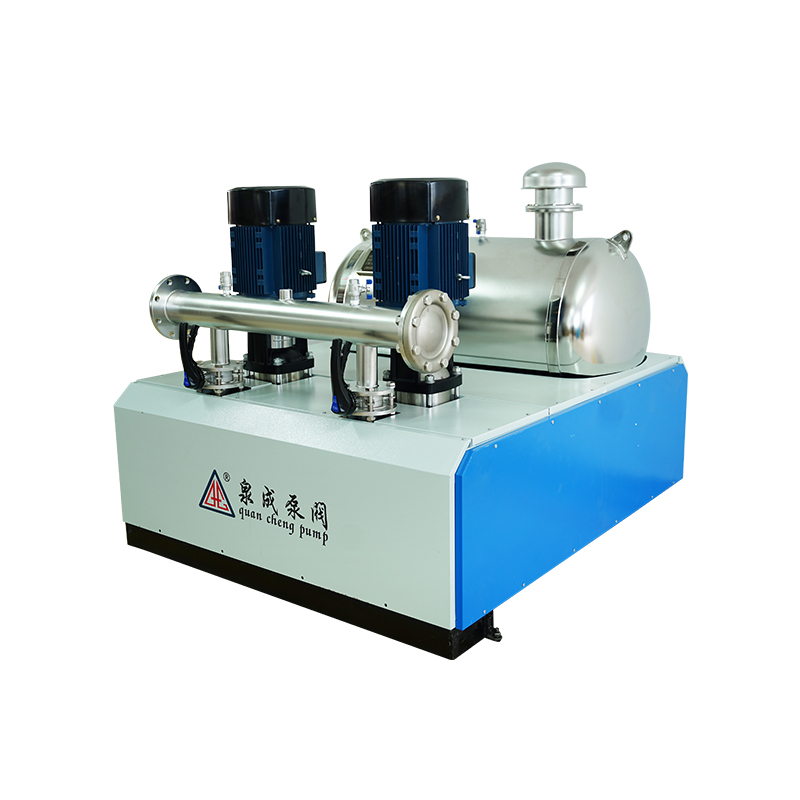
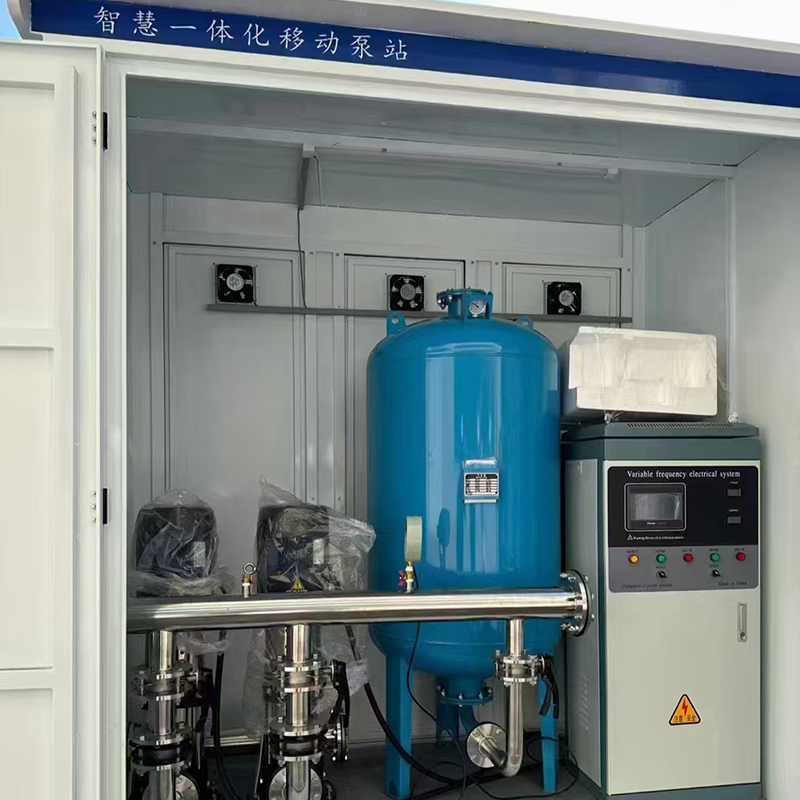
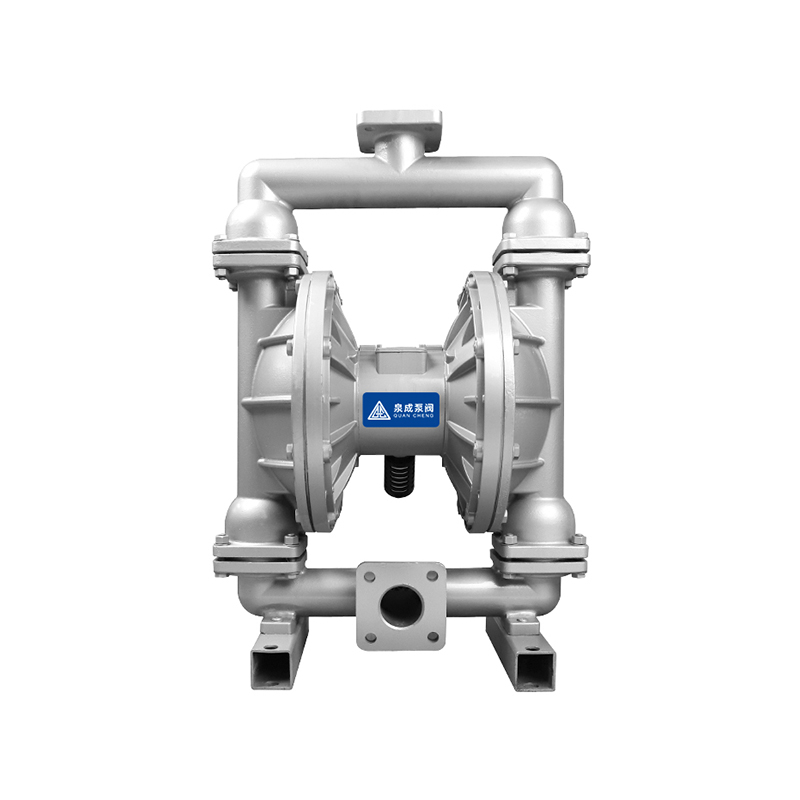
 浙公网安备33032402001888号
浙公网安备33032402001888号
